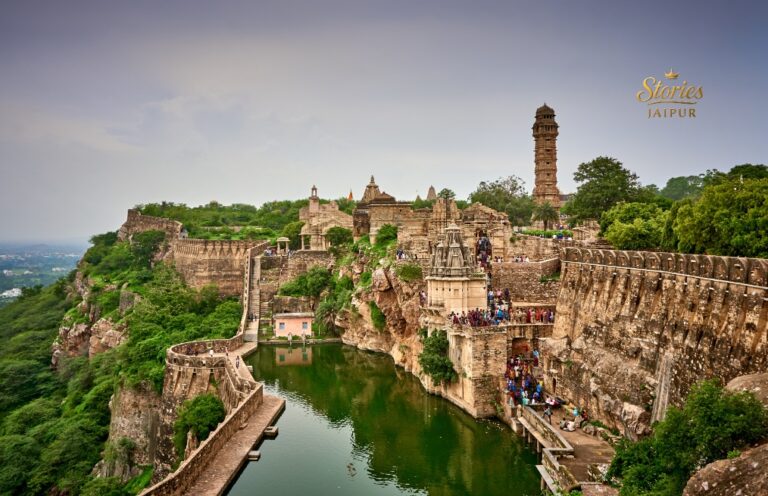Rajasthan, a land often imagined as a realm of grand palaces and arid deserts, holds a profound secret: it is a living testament to sustainable living. For centuries, its people have cultivated practices that align perfectly with modern ecological principles, born out of necessity and deep respect for nature. Far from being a new concept, sustainability in Rajasthan is an inherited wisdom, a way of life that offers invaluable lessons for our contemporary world. Here are five smart sustainable secrets that reveal Rajasthan’s ingenious approach.
Water Wisdom: Harvesting Every Precious Drop
In a region defined by its scarce rainfall, water conservation is not just a practice; it’s an art form passed down through generations. Rajasthanis have perfected water wisdom through ingenious traditional structures. Ancient bawaris (stepwells) and kunds (underground reservoirs) are brilliant examples of rainwater harvesting, designed to collect and store monsoon runoff. Even today, many rural homes incorporate rooftop rainwater harvesting systems. The daily ritual of fetching water from community wells instils a deep appreciation for this vital resource. This inherent respect for water, often seen in rituals and daily habits, offers powerful lessons in resource management that are crucial in today’s water-stressed world.
Architectural Brilliance: Naturally Cool Homes
The magnificent architecture of Rajasthan’s forts and havelis wasn’t just for aesthetics; it was a masterclass in passive cooling. Thick walls, small windows, courtyards, and strategic ventilation shafts were designed to keep interiors remarkably cool during scorching summers and warm in winter. This architectural brilliance remains evident in many traditional homes and continues to inspire modern, eco-friendly designs. Many contemporary buildings in Rajasthan incorporate elements such as jaalis (latticework) to promote natural airflow and local stone to minimise heat absorption, thereby reducing reliance on energy-intensive air conditioning. It’s a timeless blueprint for comfortable and energy-efficient living.
Resourceful Living: Minimal Waste, Maximum Use
In Rajasthan, the concept of a circular economy isn’t a new buzzword; it’s a centuries-old reality. Every resource is valued and utilised to its fullest extent, reflecting a philosophy of resourceful living. Animal waste is used as fuel and fertiliser. Leftover food is often shared or composted. Traditional crafts, made from natural materials, are durable and designed to last, promoting less consumption. Even discarded items are usually repurposed in creative ways. This ingrained habit of minimising waste and maximising use demonstrates a pragmatic approach to living within environmental limits, a critical lesson for our high-consumption society.
Traditional Crafts: Sustainable Livelihoods
The vibrant handicrafts of Rajasthan, ranging from intricate block prints to exquisite pottery and durable leather goods, are not only artistic expressions but also powerful examples of sustainable livelihoods. These crafts often utilise natural dyes, locally sourced materials, and manual labour, making their production process environmentally friendly and low-impact. The knowledge and skills are passed down through families, ensuring continuity and empowering communities economically without harming the environment. Supporting these traditional artisans helps preserve cultural heritage while promoting an eco-friendly economy, offering a stark contrast to mass-produced, resource-intensive goods.
Community Harmony: Collective Care for Nature
Perhaps the most profound lesson from Rajasthan’s sustainable approach lies in its emphasis on community harmony and collective responsibility towards the environment. Sacred groves, protected by local communities for generations, are examples of traditional conservation. The importance of shared resources, such as common grazing lands and village water bodies, fosters a collective sense of ownership and responsibility. Festivals often revolve around natural cycles and the veneration of elements. This deep-seated understanding that human well-being is intrinsically linked to the health of the environment drives a collective ethos of care and preservation, a vital perspective for building truly sustainable societies globally.

